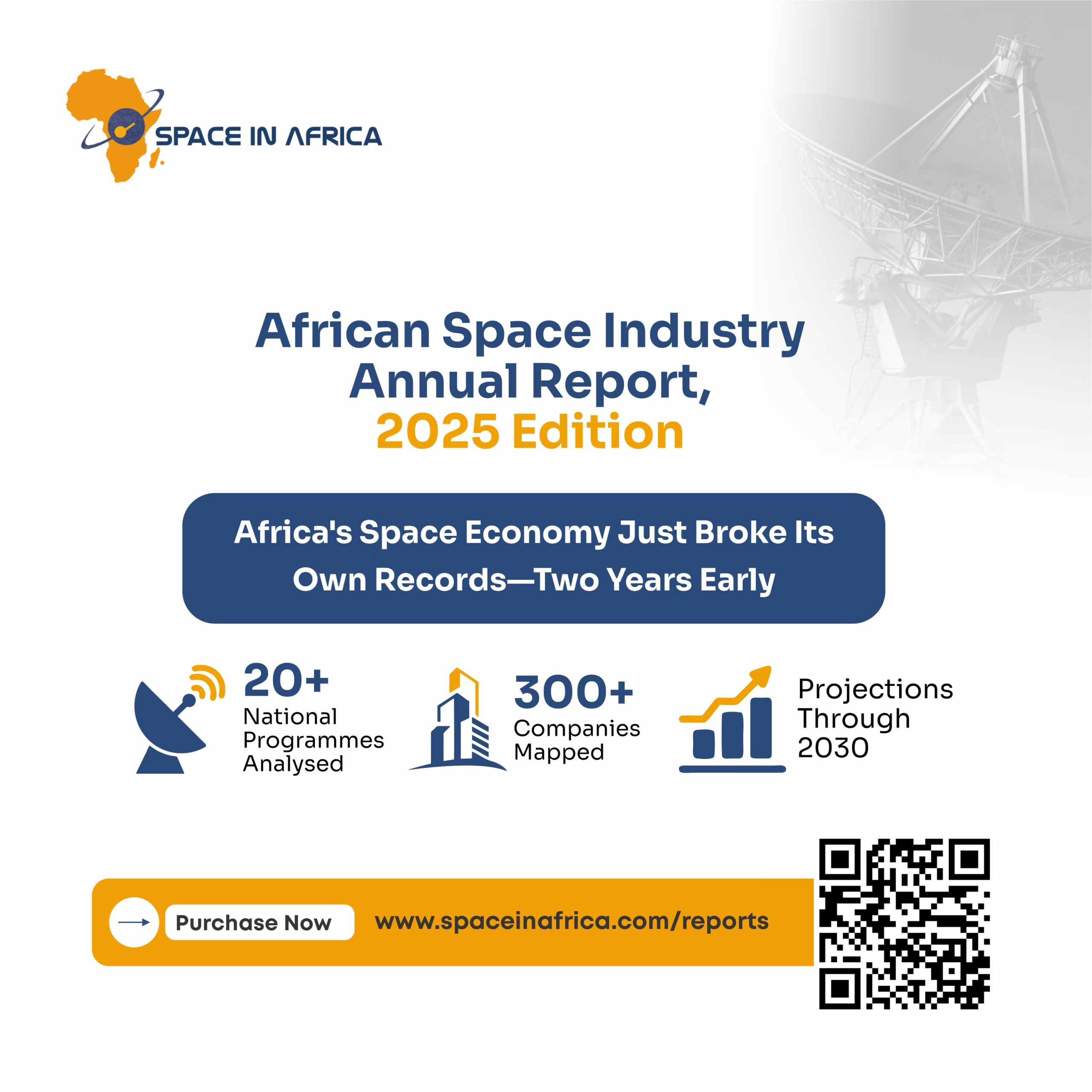African Space Budget Analysis Report, 2025
This report focuses on two primary budget groups. Firstly, it examines historical budgets from 2018 to 2024 to understand the financial commitment trends across African nations. Similarly, it analyses the 2025 budget allocations for space programmes to gain insights into countries’ priorities and directions regarding their space initiatives. The report also accounts for the contributions from the African Union to support the newly established African Space Agency.
Report Scope
- Introduction and Executive Summary
- Overview of African Space Budget, 2025
- African Union Space Budget
- Country-level Analysis of African Space Budget, 2025
- Other Countries’ Contributions
- International Comparison
- Challenges and Constraints
- Major Space Programmes & Projects Ongoing in 2025
- Funding Mechanisms for Large-Scale Projects
- Future Outlook
- Methodology
- Abbreviation
Target Audience Guide: Who Should Read This Report and Why
This report aims to provide decision-makers with a clear understanding of government spending on space initiatives across African nations and the priorities of each government. Below is a detailed description of different categories of readers, explaining why they should read your report on African space initiatives and what they stand to gain from it.
Policymakers and Government Officials
- Why read this report: Gain comprehensive insights into how other African nations structure their space budgets and priorities, enabling benchmarking of your country’s space initiatives against regional peers.
- What you’ll gain: Access to comparative budget data that helps justify funding requests, identify potential collaboration opportunities with neighbouring countries, and align national space policies with regional trends for more effective resource allocation.
African Union Officials and Regional Organisations
- Why read this report: Understand the continent-wide landscape of space investments to inform pan-African coordination efforts and African Space Agency
- implementation planning.
- What you’ll gain: Comprehensive data on national contributions and commitments, insights into regional disparities in space funding, and identification of potential synergies that could be achieved through coordinated continental approaches.
Foreign Policy and Diplomatic Corps
- Why read this report: Gain insights into African nations’ strategic priorities in space that can inform diplomatic engagement and international cooperation
- initiatives.
- What you’ll gain: Understanding each country’s level of commitment to space activities, potential areas for bilateral or multilateral space cooperation, and awareness of how space is becoming a component of international relations across the continent.
Space Industry Executives and Satellite Manufacturers
- Why read this report: Discover untapped market opportunities in Africa’s growing space sector with detailed budget allocations and planned infrastructure projects across the continent.
- What you’ll gain: Critical intelligence on which nations allocate significant resources to satellite acquisition and space infrastructure, allowing you to target business development efforts toward countries with funded projects. Early awareness of emerging space programmes enables you to position your company as a preferred partner before competitors enter these markets.
International Development Agencies and Financial Institutions
- Why read this report: Understand how African nations prioritise space investments as part of their development strategies and identify gaps where targeted funding support could accelerate progress.
- What you’ll gain: Data-driven insights to inform funding decisions, opportunities to align development assistance with existing space initiatives, and visibility into which projects benefit most from international financing or public-private partnerships.
Academic and Research Institutions
- Why read this report: Access unique data on African space programme funding that can inform research on emerging space economies and technological development pathways.
- What you’ll gain: Baseline data for academic studies, insights into potential research collaboration opportunities with African space agencies, and understanding which countries are prioritising space science research in their budget allocations.
Space Technology Startups
- Why read this report: Identify funding environments conducive to space innovation and countries actively seeking to develop local space industry capabilities.
- What you’ll gain: Strategic insights into which markets offer the most promising entry points based on budget priorities, potential government customers for your technologies, and visibility into countries developing startup support mechanisms within their space programmes.
Telecommunications and Earth Observation Service Providers
- Why read this report: Discover which African countries invest in communications satellites, Earth observation capabilities, and ground station infrastructure.
- What you’ll gain: Advanced knowledge of potential service contracts, partnership opportunities with national space agencies, and insights into the regional distribution of Earth observation and telecommunications investments across Africa.

Countries Covered in the Report
The report examines the space budget of 13 individual African countries and the African Space Agency, and further estimates the aggregate space budget for the rest of the continent, captured under “Other Countries.” The countries with individual budget information include Algeria, Angola, Botswana, Egypt, Ethiopia, Ghana, Kenya, Namibia, Nigeria, Rwanda, South Africa, Uganda, and Zimbabwe. The report also accounts for the contributions from the African Union to support the newly established African Space Agency.
Description
The 2025 African Space Budget Analysis Report aggregates annual budgets by African governments to space programmes and explores the factors influencing budgetary decisions, including technological priorities and national strategic objectives. The primary objective of this report is to help decision-makers understand the size of the government budget for space across all African countries and the priorities of each government.





